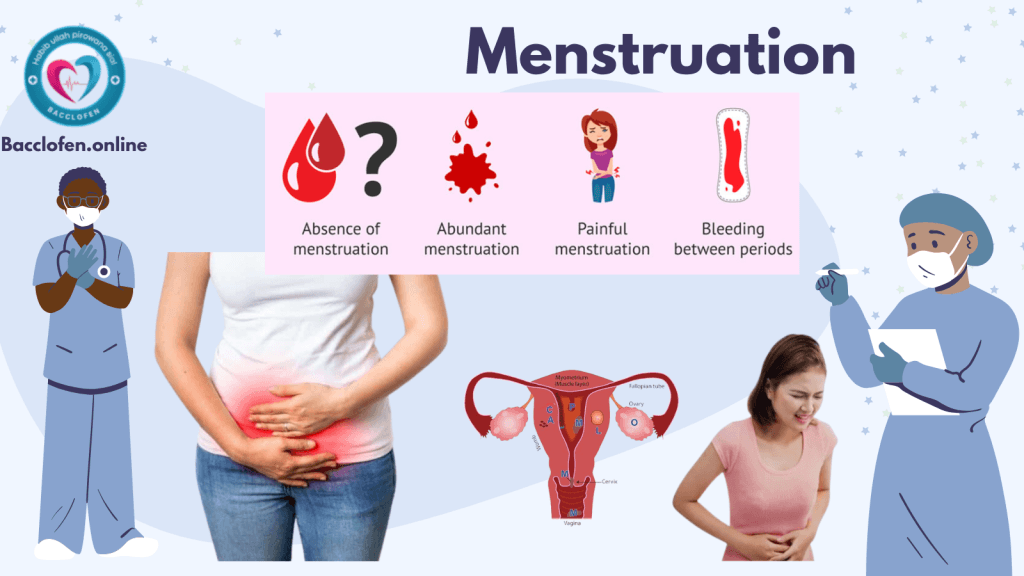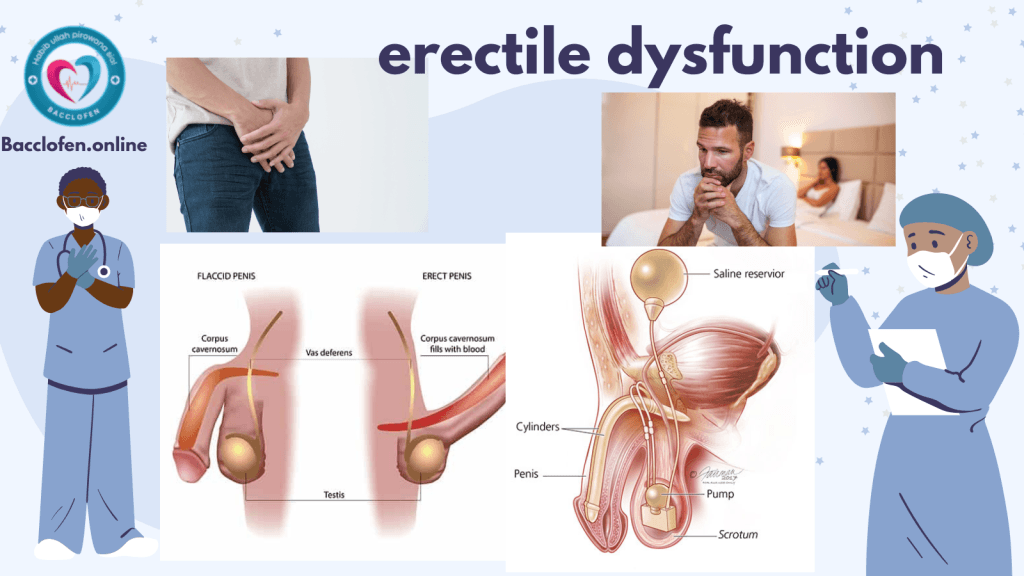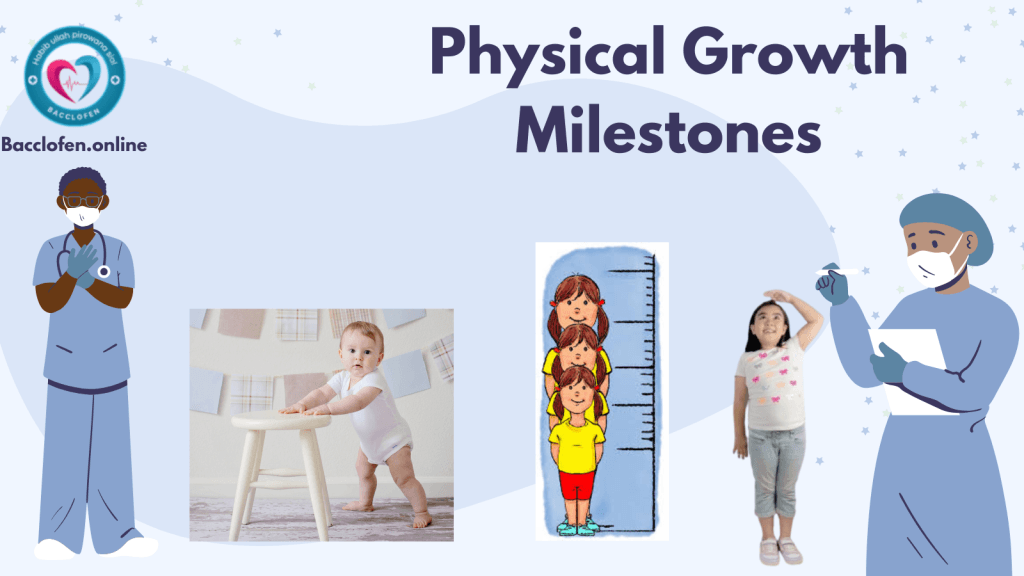The prostate is a small, walnut-shaped gland in men, located below the bladder and in front of the rectum. It plays a critical role in male reproductive health by producing fluid that nourishes and transports sperm. Maintaining prostate health is vital for overall well-being, especially as men age, when prostate issues become more common.
The Role of the Prostate
The prostate gland is an essential component of the male reproductive system, performing several key functions:
- Production of Seminal Fluid: The prostate contributes to the production of semen, providing nutrients and enzymes that enhance sperm motility and survival.
- Urinary Control: The prostate surrounds the urethra, playing a role in the regulation of urine flow.
- Hormonal Function: The gland responds to testosterone, which influences its size and function.
Common Prostate Health Issues
Several conditions can affect the prostate, particularly as men age. Early detection and intervention are crucial for managing these issues.
1. Benign Prostatic Hyperplasia (BPH)
- Overview: BPH is a non-cancerous enlargement of the prostate gland, common in men over 50.
- Symptoms:
- Frequent or urgent need to urinate.
- Difficulty starting or maintaining urine flow.
- Weak urine stream or inability to completely empty the bladder.
- Causes:
- Hormonal changes with age, such as decreased testosterone and increased dihydrotestosterone (DHT).
- Treatment:
- Lifestyle changes like reducing caffeine and alcohol intake.
- Medications to relax prostate muscles or shrink the gland.
- Minimally invasive procedures or surgery for severe cases.
2. Prostatitis
- Overview: Prostatitis is inflammation or infection of the prostate, which can be acute or chronic.
- Symptoms:
- Pain in the pelvis, lower back, or genital area.
- Painful urination or ejaculation.
- Flu-like symptoms in acute cases.
- Causes:
- Bacterial infection (in acute cases).
- Chronic prostatitis may result from non-bacterial causes, including stress or pelvic muscle dysfunction.
- Treatment:
- Antibiotics for bacterial infections.
- Pain management, physical therapy, and lifestyle changes for chronic prostatitis.
3. Prostate Cancer
- Overview: Prostate cancer is one of the most common cancers in men but is often slow-growing.
- Symptoms:
- Early stages may have no symptoms.
- Advanced stages may cause difficulty urinating, blood in urine or semen, and pelvic discomfort.
- Risk Factors:
- Age (most cases occur after 65).
- Family history of prostate cancer.
- Lifestyle factors, such as diet and physical inactivity.
- Diagnosis:
- Prostate-Specific Antigen (PSA) blood test.
- Digital Rectal Exam (DRE).
- Biopsy if abnormalities are detected.
- Treatment:
- Options include active surveillance, surgery, radiation therapy, hormone therapy, and chemotherapy, depending on the stage and aggressiveness of the cancer.

Maintaining Prostate Health
A proactive approach to prostate health can reduce the risk of complications and improve overall quality of life.
1. Healthy Diet
- Foods to Include:
- Fruits and Vegetables: Rich in antioxidants, particularly tomatoes (lycopene) and broccoli.
- Healthy Fats: Omega-3 fatty acids from fish like salmon and flaxseeds.
- Whole Grains and Legumes: Fiber-rich foods support overall health.
- Foods to Limit:
- Processed and red meats, high-fat dairy products, and excessive sugar.
2. Regular Exercise
- Promotes hormonal balance and reduces inflammation.
- Aids in weight management, reducing the risk of BPH and prostate cancer.
3. Routine Medical Checkups
- Regular screening for PSA levels and prostate health exams, especially for men over 50 or those with a family history of prostate issues.
4. Stay Hydrated
- Drinking enough water supports urinary tract health and minimizes the risk of urinary infections.
5. Manage Stress
- Chronic stress can worsen symptoms of prostatitis and contribute to overall poor health.
Recognizing When to Seek Help
Men should consult a healthcare provider if they experience the following:
- Persistent urinary difficulties.
- Pain during urination or ejaculation.
- Blood in urine or semen.
- Frequent need to urinate at night.
- Unexplained pelvic or lower back pain.
Early intervention improves the effectiveness of treatment and prevents complications.
Advances in Prostate Health Care
Medical advancements have improved the detection and treatment of prostate-related conditions:
- MRI-Guided Biopsies: More accurate than traditional methods.
- Minimally Invasive Procedures: Techniques like laser therapy and transurethral resection of the prostate (TURP) for BPH.
- Immunotherapy: Emerging treatments for advanced prostate cancer.
- Genetic Testing: Identifies hereditary risks for prostate cancer.



Pingback: Cognitive Development - Bacclofen